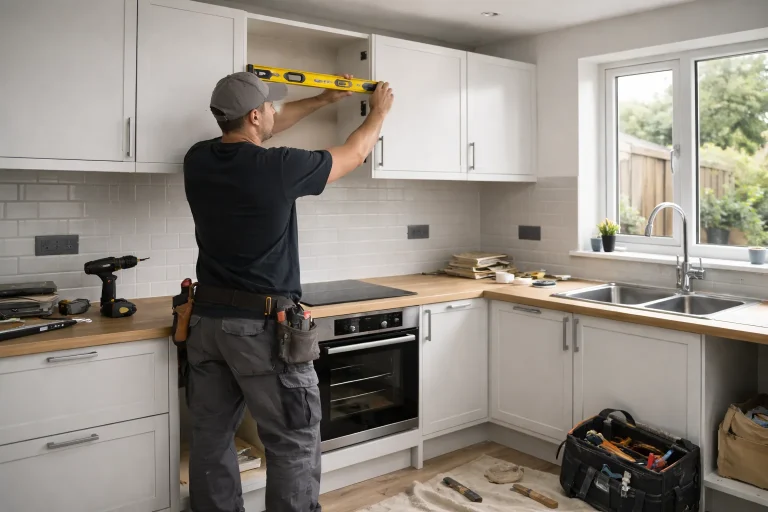If your tenant has breached the terms of their tenancy agreement, it may be in your interests to seek a resolution before commencing court proceedings.
Whether due to rent arrears, anti-social behaviour, disputes over maintenance responsibilities, or another form of misconduct. This guide outlines how mediation can offer a structured, legally informed process for resolving disputes without the delays and costs associated with formal litigation.
What is Tenant Mediation?

Tenant mediation is a voluntary, confidential process that helps landlords and tenants resolve disputes without the need for formal court proceedings.
It is particularly useful where communication has broken down, but both parties are open to finding a workable solution. The aim is to reach an agreement that is acceptable to both sides, while avoiding the cost, stress and delay of litigation.
The process is overseen by a mediator – an impartial, neutral third party who facilitates discussions between the landlord and tenant. Mediators do not make decisions or impose outcomes.
Instead, they act as a structured intermediary, helping both parties clarify their positions, identify areas of compromise and move towards a resolution.
Mediators involved in landlord–tenant matters are typically solicitors, barristers, surveyors or other professionals with experience in residential property disputes.
They are familiar with the legal framework surrounding tenancy breaches, possession claims, rent arrears and property standards, and can guide the process with this context in mind.
What Are the Benefits of Using Mediation to Resolve Landlord- Tenant Disputes?
By using a tenant mediation service to reach an agreement with tenants, landlords may benefit in several ways:
- Faster resolution: Mediation can often resolve disputes more quickly than court proceedings, helping landlords regain control of the situation sooner.
- Cost-effective: Avoiding litigation can significantly reduce legal expenses, especially where disputes are prolonged or complex.
- Preserves tenancy relationships: Mediation supports constructive dialogue, which may allow the tenancy to continue on improved terms where appropriate.
- Greater control over outcomes: Unlike a court judgment, mediation allows landlords to take an active role in shaping the agreement reached.
- Private and confidential: The process is conducted in private, helping to avoid public disputes and reputational damage.
- Reduced stress: Mediation is less adversarial than court action and can offer a more manageable and collaborative route to resolution.
Is Mediation Legally Binding?
A mediation agreement is not automatically legally binding. However, any terms agreed during the process can be formalised in writing and signed by both parties, creating a contract that may be enforceable in court if necessary.
Even where the agreement itself is not legally binding, the process of mediation plays a valuable role. Courts may expect a landlord to have made reasonable efforts to resolve the dispute before issuing possession proceedings or taking other legal action. In many cases, failing to consider or attempt mediation could reflect poorly on a landlord’s conduct in the eyes of the court.
Using mediation demonstrates a willingness to engage constructively and can support a stronger legal position should the matter escalate. It can also lead to clear outcomes that help both parties move forward without the delays and costs associated with formal litigation.
How Long Does Mediation Take?

In straightforward cases, where both parties are willing to engage and reach a compromise, an agreement can sometimes be achieved within a single day.
However, in situations involving multiple issues or where relations have broken down, the process may take several sessions spread over a number of days or weeks.
The mediator will assess the circumstances and structure the process accordingly to give both parties a fair opportunity to resolve the matter constructively.
For landlords seeking to resolve breach of tenancy disputes, mediation should be considered as a first step before initiating legal proceedings. It can offer a quicker, more cost-effective route to resolution and may help preserve the working relationship with your tenant where continued occupation is still viable.




